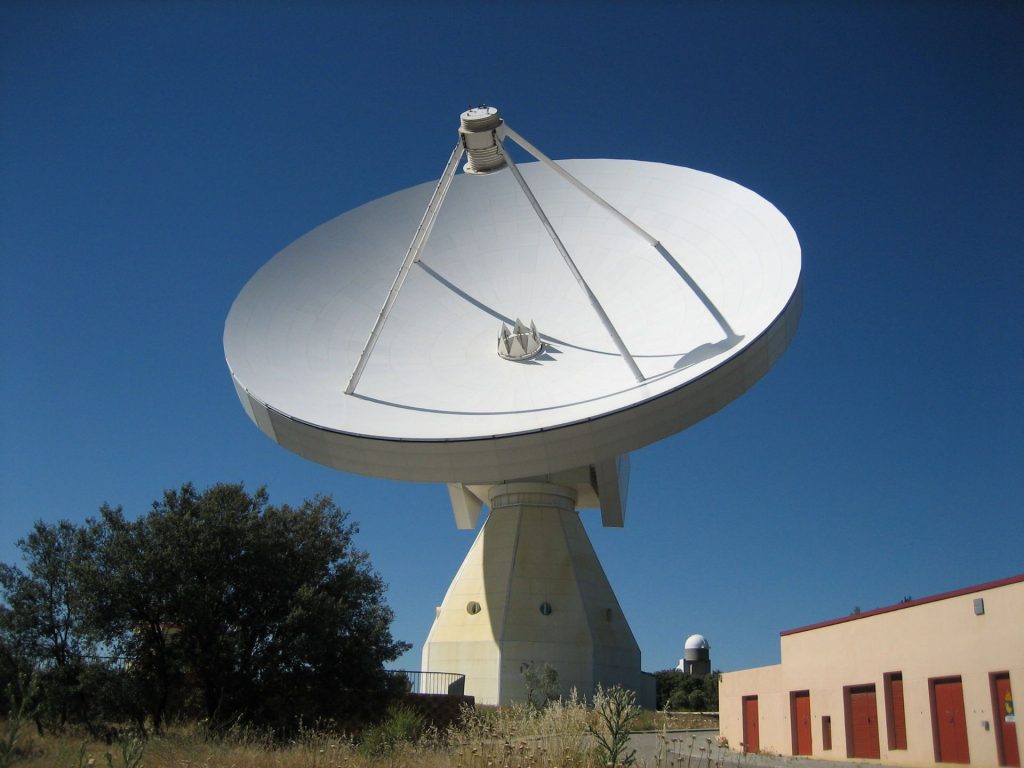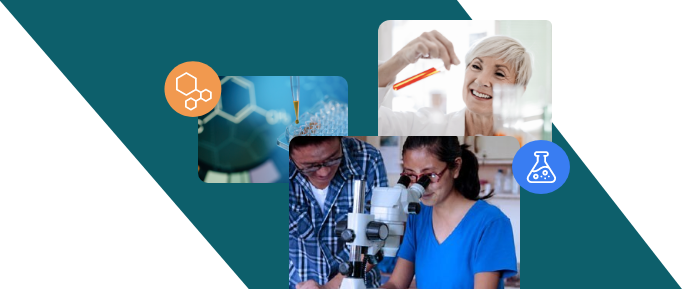
On-demand virtual event
Earth, Space, and Environmental Chemistry
Carl Sagan once famously said that "We are all made of stardust" but what forms the interstellar and circumstellar clouds that helped make the stars? By understanding these clouds, we can learn more about molecular matter created in our galaxy and could help us learn more about how our chemical universe evolves.
Join us as José Cernicharo, from the Institute of Fundamental Physics (Madrid, Spain), shares recent results obtained with the QUIJOTE line survey of the cold dark core TMC-1. New instrumentation and increased resolution have allowed for detection of many protonated species of abundant molecules, several sulfur-bearing species, cycles (benzyne, cyclopentadiene, indene), radicals, and long hydrocarbon chains. He will also present the present chemical models which were used to explain the chemistry of these species, and particularly the possible reactions leading to the formation of these cycles.
This ACS Webinar is moderated by Anthony Remijan of the National Radio Astronomy Observatory and is co-produced with the ACS PHYS Astrochemistry Subdivision.
What You Will Learn
Meet the Experts
Keep learning. Excel in your career.
Choose from more than 200 courses in seven different categories, taught by experts in the chemistry community, online and in person.
